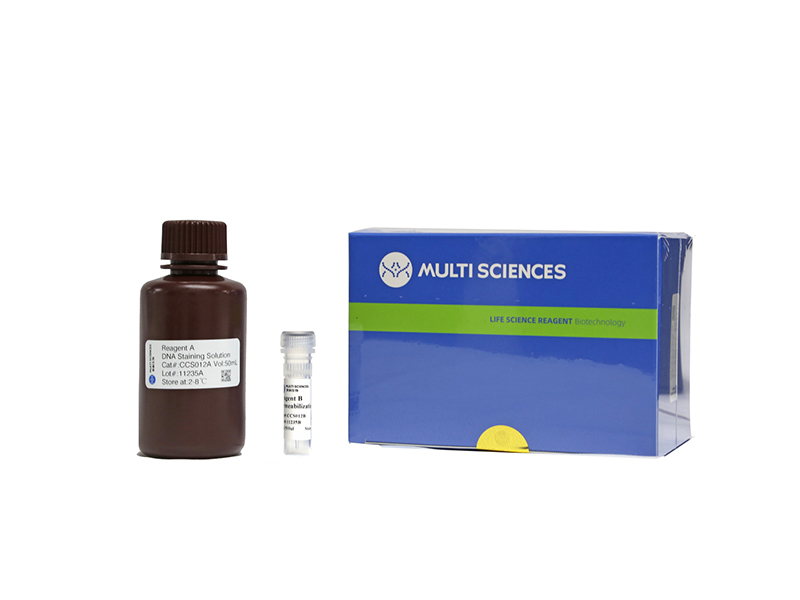BACKGROUND/AIMS: Polyphyllin I (PPI), one of the steroidal saponins in Paris polyphylla, reportedly exhibits antitumor effects. However, the detailed mechanism underlying PPI, particularly in enhancing the effect of the androgen receptor inhibitor enzalutamide in controlling castration-resistant prostate cancer (CRPC) has not been explored. METHODS: Cell viability and cell cycle distribution were measured using 3-(4, 5-dimethylthiazol-2-yl)-2, 5-diphenyltetrazolium bromide (MTT) and flow cytometry assays, respectively. Long non-coding RNA (lncRNA) HOX transcript antisense RNA (HOTAIR) expression was measured by quantitative real time-PCR (qRT-PCR). Western blot analysis was performed to determine the protein expression levels of MUC1, p65, and p50. Silencing of HOTAIR was evaluated using the siRNA procedure. The promoter activity of the MUC1 gene was determined using Secrete-Pair Dual Luminescence Assay Kit. Exogenous expression of HOTAIR, p65, and MUC1 was conducted by transient transfection assay. A xenograft tumor model in nude mice was used to further evaluate the effect of the combination of PPI and enzalutamide in vivo. RESULTS: We showed that PPI significantly inhibited growth and induced cell cycle arrest in CRPC cells. PPI also decreased p65 and MUC1 protein expression and reduced HOTAIR expression. Exogenously expressed p65 resisted the PPI-inhibited expression of HOTAIR, whereas silenced HOTAIR reduced MUC1 protein but exerted no effect on the expression of p65 and p50 proteins. Conversely, exogenously expressed HOTAIR resisted the PPI-inhibited MUC1 protein expression, and excessive expression of MUC1 antagonized the PPI-inhibited cell growth. Notably, PPI combined with enzalutamide exerted a synergistic effect. Consistent with this finding, PPI inhibited tumor growth, HOTAIR expression, as well as p65 and MUC1 protein expressions in vivo. CONCLUSIONS: Our results indicate that PPI inhibits the growth of CRPC cells by inhibiting p65 protein and concomitantly reducing HOTAIR expression, thereby suppressing MUC1 gene expression. The novel regulatory interaction of p65 and HOTAIR converge in the inhibition of MUC1 expression and overall PPI response. The combination of PPI and enzalutamide exhibits synergy. This study reveals a novel mechanism underlying the synergistic inhibitory effect of PPI and enzalutamide on the growth of CRPC cells.
文章引用产品
-
-
- CCS012
- 周期试剂盒
Cell Cycle Staining Kit 细胞周期检测试剂盒
-
¥390.00
-
- CCS012
- 周期试剂盒
Cell Cycle Staining Kit 细胞周期检测试剂盒
- ¥390.00



